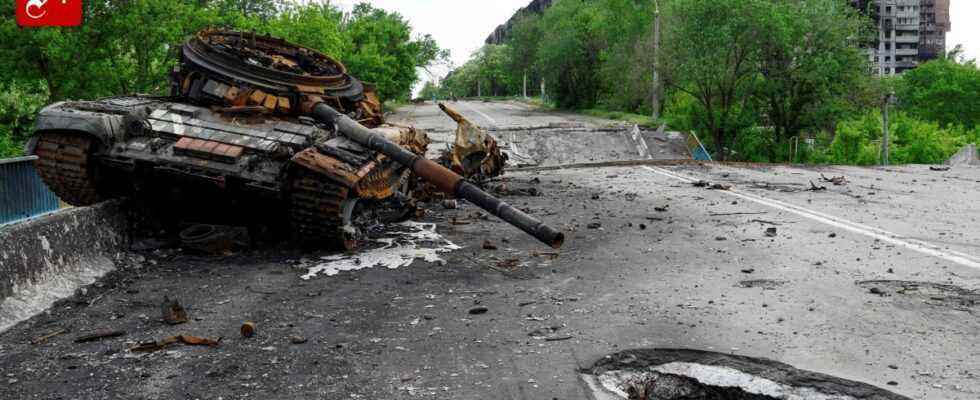RUS troops attack a NATO formation at the North Cape. A swarm of autonomous combat drones equipped with artificial intelligence takes out its flagship, the British aircraft carrier HMS Queen Elizabeth, and a hypersonic missile finally sinks it. At the same time, computer networks are collapsing in Europe, the media is flooded with false reports, household appliances are exploding – the information war has begun. Shortly thereafter, the Russians invade the Baltic States with 120,000 men and occupy it before the Alliance has even remotely assembled enough troops there. After 13 days the war is over. President Putin can be celebrated as a hero, while NATO is finished.
A current book about the war of the future begins with this horror scenario, written by two retired American generals and a scientist. Setting the horror to 2030, they eloquently promote a new course in armaments and defenses that will prevent such a fiasco. The three authors, who are respected experts, are convinced that the war of the future will be very different from the war of the past. It is conducted in space and cyberspace as well as in the field. It is not whoever has the largest ship or the most tanks that wins, but whoever invests in the new, disruptive technologies in good time.
